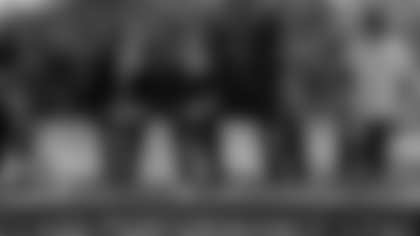The NFL can't turn back time and allow the Saints to play in the Super Bowl, but it is hoping a Tuesday rule change will help teams that face similar situations in 2019.
The owners approved a proposal that will allow pass interference, including non-calls, to be subject to replay review. Coaches can throw a challenge flag in the first 28 minutes of each half, and the officials can review pass interference in the final two minutes.
New Orleans was on the wrong end of a blatant missed pass interference call in the NFC Championship game, which allowed the Rams to eventually win the game in overtime. Saints coach Sean Payton, a major proponent of the rule change, said he wasn't worried about personal vindication and was instead focused on improving the game.
"These are fouls the analysts are able to point to and say, 'Hey, they are the most impactful fouls,'" Payton said. "I think we got it right."
The biggest hangup was the idea of adding a flag to a non-call, but competition committee chairman Rich McKay said the owners eventually came around to the idea.
After much conversation, the measure passed by a vote of 31-1. It will be re-evaluated after the season.
"It was messy at times, disruptive, but we believe membership, the decision they made, took us to the right place," said Troy Vincent, the NFL's executive vice president of football operations. "We all saw the issues that were apparent."
The proposal did not seem to have a lot of momentum at the outset of the owners meetings at the Arizona Biltmore but enough conversation changed the thinking.
"We had to go around the Grand Canyon and do a few laps around the Southwest here," Payton said. "We really discussed all of those things, and I think it was a combination, really, of the coaches, the membership on the competition committee and our ownership. Our ownership was outstanding in the meeting today. There was a lot of man-hours that went into this. I think the group felt really good."
Payton was given a lot of credit for spearheading the charge, and commissioner Roger Goodell pointed to a simple reason why he believed the rule was adopted.
"I personally believe it's the fact every club and the league wanted to get these plays right," Goodell said.
Payton said it was important to leave the control in the officials' hands in the final two minutes so the spirit of the rule wasn't violated.
"We didn't want games ending with coaches throwing challenges on Hail Marys and all of that," Payton said.
There were six other adapted changes, including the elimination of all blindside blocks, which was done in an effort to keep the players safer.
"The blindside block, it ends careers," Vincent said. "To have that out of the game, that's significant."
Images from the NFL owners meetings at the Arizona Biltmore in Phoenix

Cardinals team president Michael Bidwill arrives for the annual NFL owners meetings, Sunday, March 24, 2019, in Phoenix.

Cardinals general manager Steve Keim attends the annual NFL owners meetings, Sunday, March 24, 2019, in Phoenix.

Arizona Cardinals' Larry Fitzgerald speaks during a news conference on social justice during the annual NFL football owners meetings as Tyrese Cullet, 18, from Hialeah Senior High School, in Hialeah, Fla., listens Monday, March 25, 2019, in Phoenix.
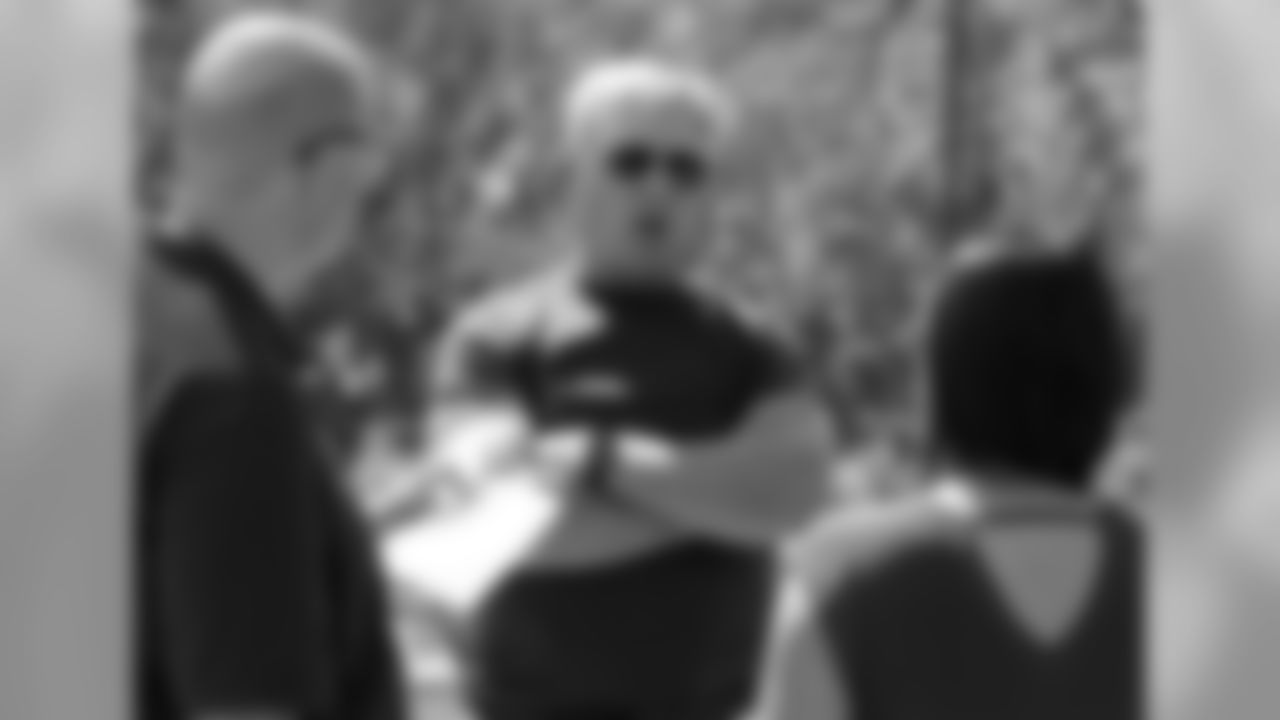
Denver Broncos general manager John Elway speaks to members of the media during the annual NFL owners meetings Sunday, March 24, 2019, in Phoenix.
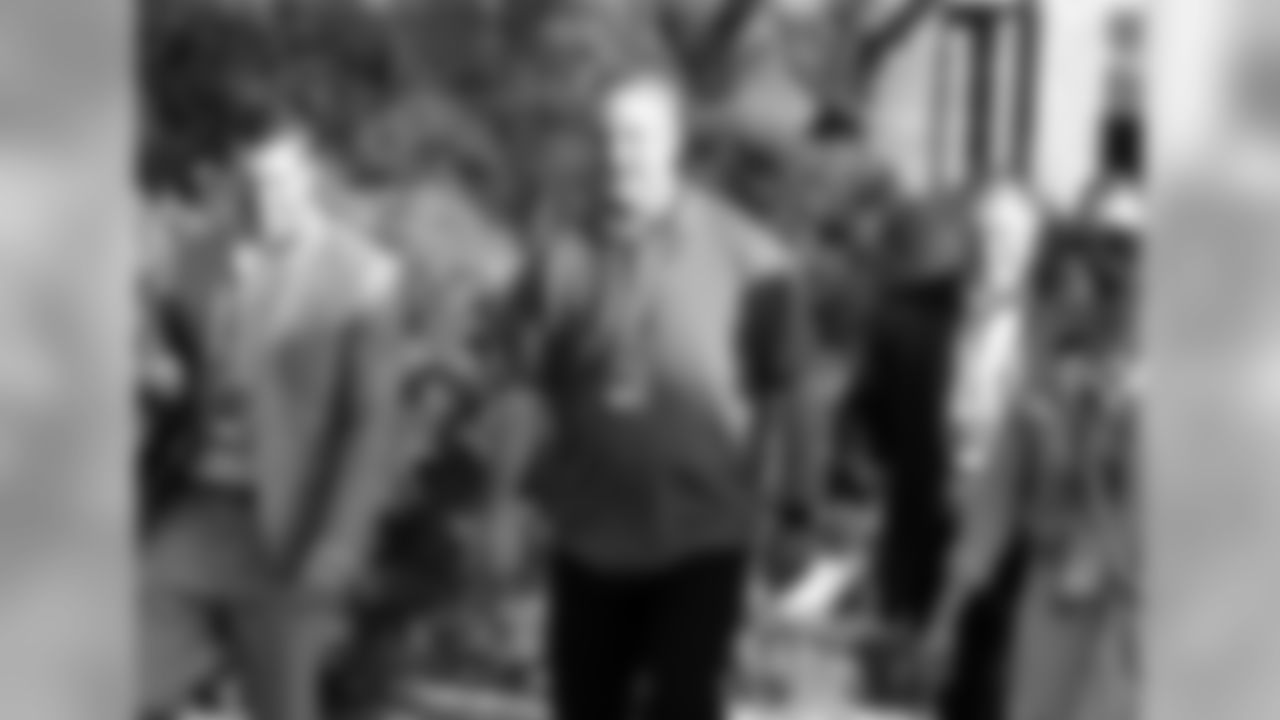
Indianapolis Colts head coach Frank Reich, center, attends the annual NFL owners meetings, Sunday, March 24, 2019, in Phoenix.

Arizona Cardinals' Larry Fitzgerald speaks during a news conference on social justice during the annual NFL football owners meetings, Monday, March 25, 2019, in Phoenix.

New Orleans Saints football team owner Gayle Benson waves as she walks to a meeting during the annual NFL owners meetings, Sunday, March 24, 2019, in Phoenix.

New York Giants general manager Dave Gettleman attends the annual NFL owners meetings Sunday, March 24, 2019, in Phoenix.

Detective Christopher Mitchell, Miami Beach Police Department, speaks as Tyrese Cullet, 18, from Hialeah Senior High School in Hialeah, Fla., listens during a news conference on social justice during the annual NFL football owners meetings, Monday, March 25, 2019, in Phoenix.
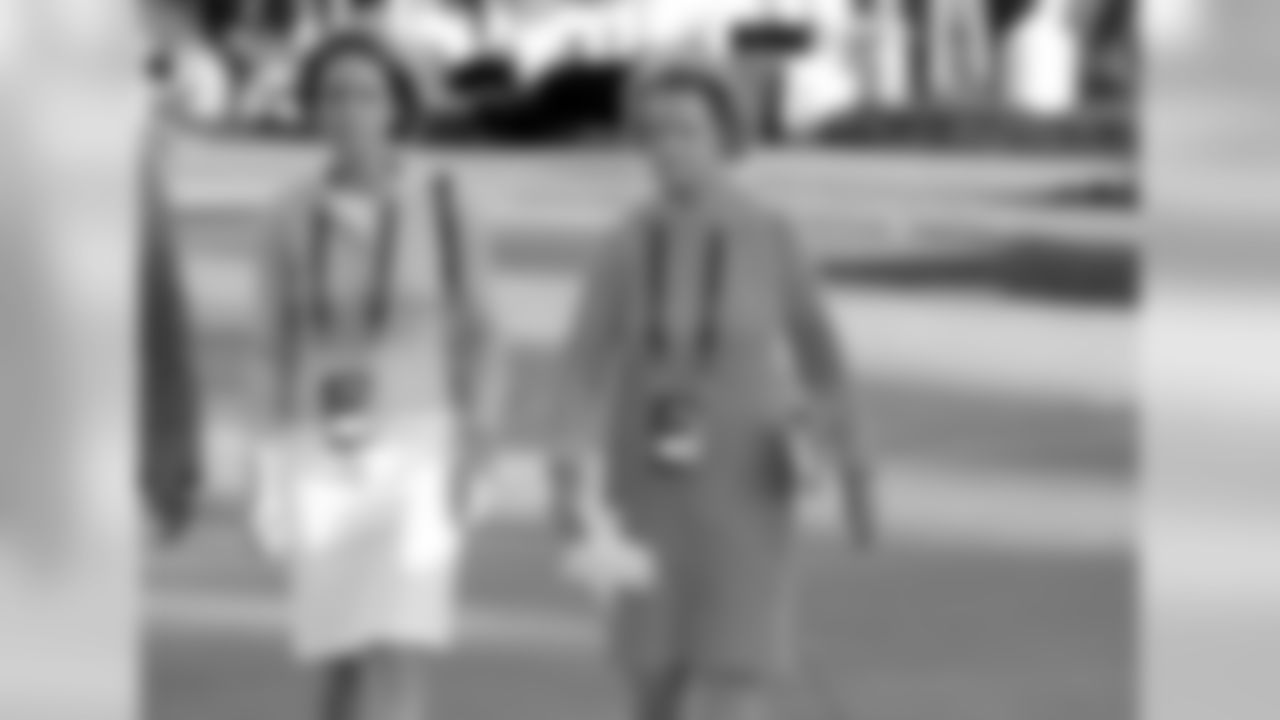
Detroit Lions owner and chairwoman Martha Firestone Ford, right, along with daughter Sheila Hamp, arrives at the annual NFL owners meetings, Sunday, March 24, 2019, in Phoenix.

Jacksonville Jaguars owner Shahid Khan arrives during the annual NFL owners meetings Sunday, March 24, 2019, in Phoenix.
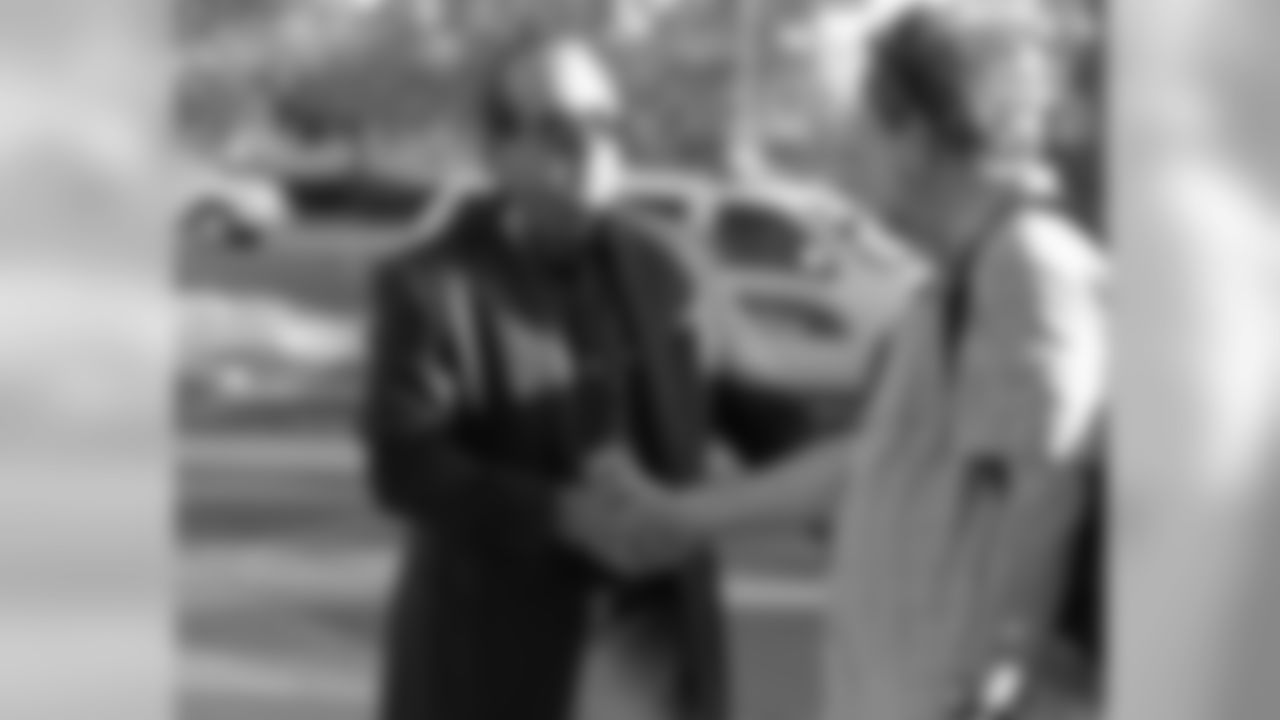
Los Angeles Chargers owner Dean Spanos, left, is greeted as he arrives for the annual NFL owners meetings Sunday, March 24, 2019, in Phoenix.

Oakland Raiders football team general manager Mike Mayock attends the annual NFL owners meetings, Sunday, March 24, 2019, in Phoenix.

Pittsburgh Steelers coach Mike Tomlin attends the annual NFL owners meetings Sunday, March 24, 2019, in Phoenix.
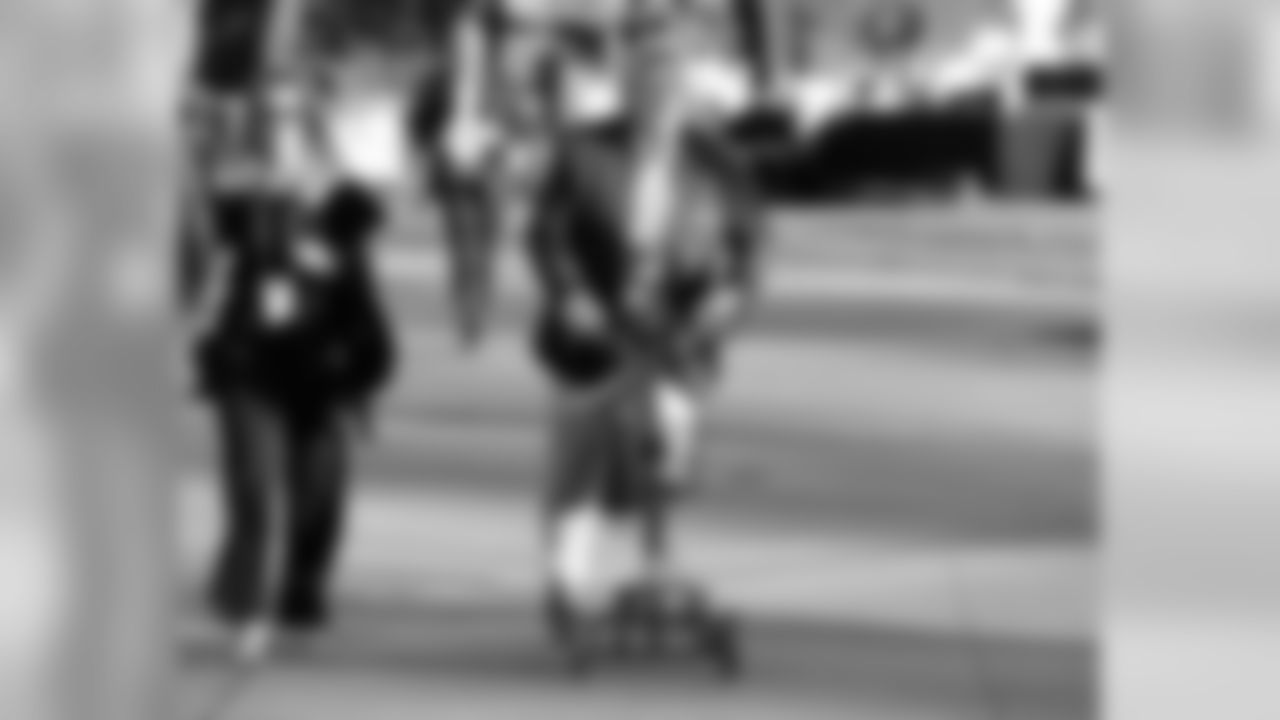
Philadelphia Eagles coach Doug Pederson attends the annual NFL football owners meetings, Sunday, March 24, 2019, in Phoenix.

Oakland Raiders football team owner Mark Davis arrives for the annual NFL owners meetings, Sunday, March 24, 2019, in Phoenix.






